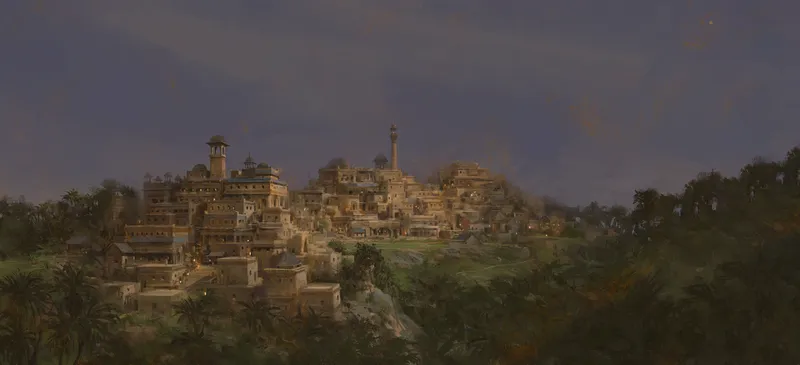Telugu Culture

Commands
The following command will set your culture to 'Telugu.'
The following command will change the culture of the specified county to 'Telugu.'
Information
| Name | Telugu |
| Culture ID | telugu |
| Heritage | Dravidian |
| Ethos | Bellicose |
| Language | Telugu |
| Architecture | Indian |
| Fashion | Indian |
| Coat of Arms | Dravidian |
| Military Equipment | Indian |
Overview
Telugu culture is a vibrant and rich tapestry rooted in South India, specifically in the states of Andhra Pradesh and Telangana. The Telugu people are known for their warm hospitality and deep respect for arts and literature, making their culture one of the most intellectually stimulating in India.
One of the most significant aspects of Telugu culture is its language - Telugu, a Dravidian language that boasts a historical legacy dating back over 2,500 years. It is often termed as "Italian of the East" due to the lyrical and musical properties of its script.
Telugu culture is deeply intertwined with religion, with Hinduism playing a central role. The people celebrate several festivals such as Sankranti, Ugadi (Telugu New Year) and Deepavali, marked by elaborate rituals, feasts, music and dance.
The Telugus have a rich tradition in performing arts, with dance forms like Kuchipudi and music systems like Carnatic music enjoying wide popularity. The traditional visual arts like Kalamkari showcase a unique blend of painting and storytelling.
Telugu cuisine is equally diverse and enticing, known for its tangy and spicy flavors, with dishes like Pulusu, Pappu, and Hyderabadi Biryani being some of the popular choices.
A fascinating association with cinema adds another dimension to the Telugu culture, with Tollywood being one of the largest film industries in India. Ultimately, Telugu culture is a confluence of ancestral traditions, contemporary influences, and ages-old wisdom.
Bellicose Ethos

Bellicose Ethos
This culture considers conflict and violence to be necessary states of existence; ingrained in its people is the idea that one should stand up and fight for their own.
- +50% Available Mercenary Companies
- +2 Prowess
- -10% Men-at-Arms Recruitment Cost
- -10% Men-at-Arms Maintenance
- +10% Levy Size
Each culture will have an ethos, which represents the core values, principles and attitude towards life that the culture has. It also determines which court types are available for kingdoms and empires.
Telugu Traditions
- Metalworkers
- Recognition of Talent
- Warrior Culture
Each culture will have several traditions, which represent the main customs of a culture and can grant various effects. A culture can have up to five traditions in the tribal era, with every additional era reached granting an additional slot for Traditions.
Telugu Architecture
Indian
